What is the motivational factor concerning small and medium enterprises (SMEs) in a time and place when resources are limited, and every hiring choice will matter? The solution is in viable human resource management. The Indian SME HR sector however has its roots of challenges which silently manage to stall growth.
Understanding the SME HR Landscape
The SME sector of India has millions of employees and it is a strong contributor of the economy. This notwithstanding, human resource management tends to be relegated. There are still numerous companies who conduct informal business, have smaller budgets and less HR technology. This is a disequilibrium that leads to long-term difficulties in attracting, retaining and managing talents in an efficient manner.
1. Talent Acquisition and Retention
Finding the right people remains one of the hardest HR challenges for SMEs in India. Skilled workers often prefer large corporations that offer better pay, benefits, and brand recognition. As a result, smaller companies struggle to attract top talent and face high turnover.
Common reasons include:
● Lack of employer branding and growth opportunities
● Competitive job markets in metro cities
● Limited HR budgets and outdated recruitment methods
Retention becomes even harder when employees seek better pay or exposure. Without a structured HR policy or performance-based incentives, many skilled workers leave within months.
2. Lack of Formal HR Policies
Many SMEs function without a clear HR framework. Recruitment, payroll, and performance management are often handled by the business owner or admin staff. This leads to inconsistency and confusion.
Having well-defined HR policies is not just about compliance—it builds trust and clarity. But small enterprises often see HR as a cost rather than an investment. This mindset prevents them from setting up processes that could stabilize their workforce.
3. Employee Training and Development Gaps
Upskilling employees is essential for growth, but it’s rarely prioritized in SMEs. Limited funds and tight schedules often mean skipping regular training sessions. As industries evolve, this skill gap widens, impacting productivity and innovation.
To overcome this, many experts suggest affordable online training programs, internal mentoring, and government-backed skill development schemes. Investing in people always pays off in the long run.
4. Payroll and Compliance Management
Another major pain point is handling payroll, statutory compliance, and employee benefits. Labour laws in India are complex, and frequent regulatory changes make compliance difficult. Many SMEs depend on manual systems, increasing the risk of errors and penalties.
Automated HR software and cloud-based payroll tools can reduce this burden. However, lack of awareness and cost concerns still hold back adoption.
5. Digital Transformation in HR
In an era of HR tech and automation, SMEs in India lag behind. Many still use spreadsheets or paper-based systems to manage employees. This not only slows down operations but also limits data-driven decision-making.
Digital transformation in HR is no longer optional—it’s a necessity for sustainability and scalability. Affordable HR solutions tailored for SMEs are now available, but change requires awareness and willingness to adapt.
Conclusion
India’s SMEs are engines of innovation and employment, yet HR challenges continue to restrict their potential. Building structured HR systems, embracing technology, and investing in people can redefine growth. It’s not about having a big HR department, but about having the right approach to people management.

 India’s SME sector faces persistent HR challenges such as talent retention, lack of formal
policies, skill gaps, and compliance issues. Strengthening HR systems and embracing digital
solutions can help small enterprises achieve sustainable growth.
India’s SME sector faces persistent HR challenges such as talent retention, lack of formal
policies, skill gaps, and compliance issues. Strengthening HR systems and embracing digital
solutions can help small enterprises achieve sustainable growth.








.jpeg)
.jpeg)
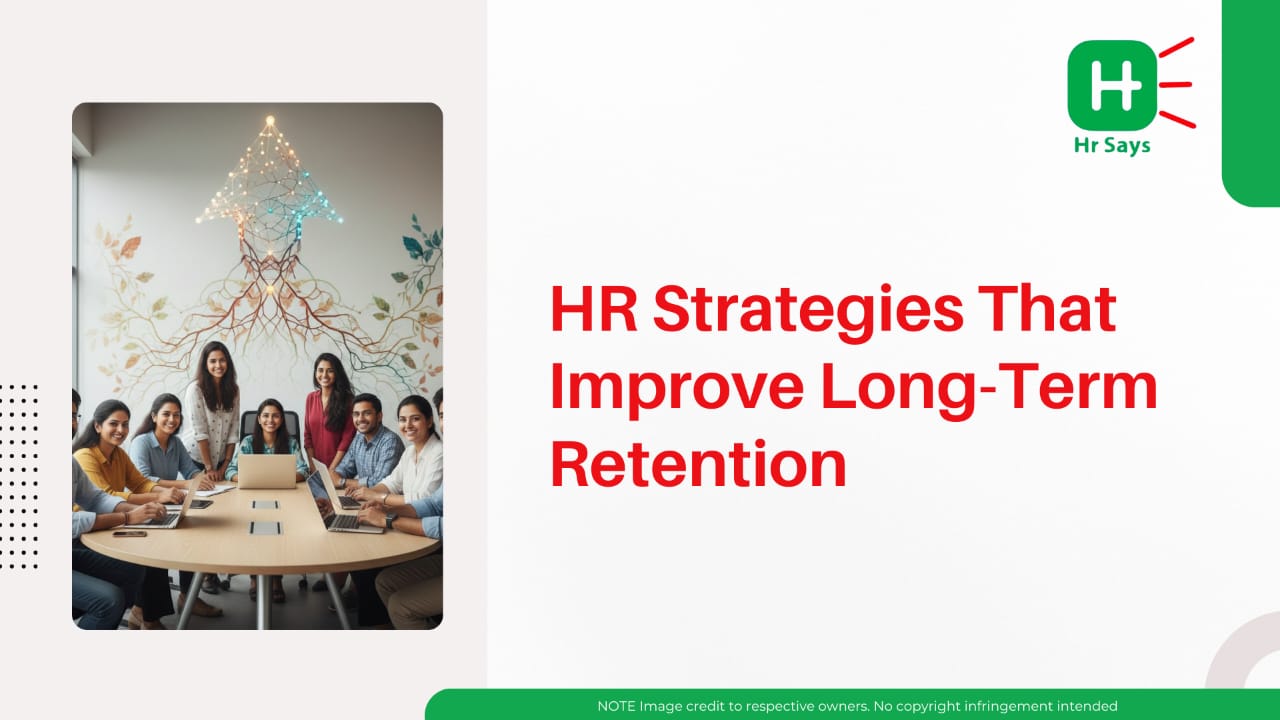
.jpeg)
.jpeg)
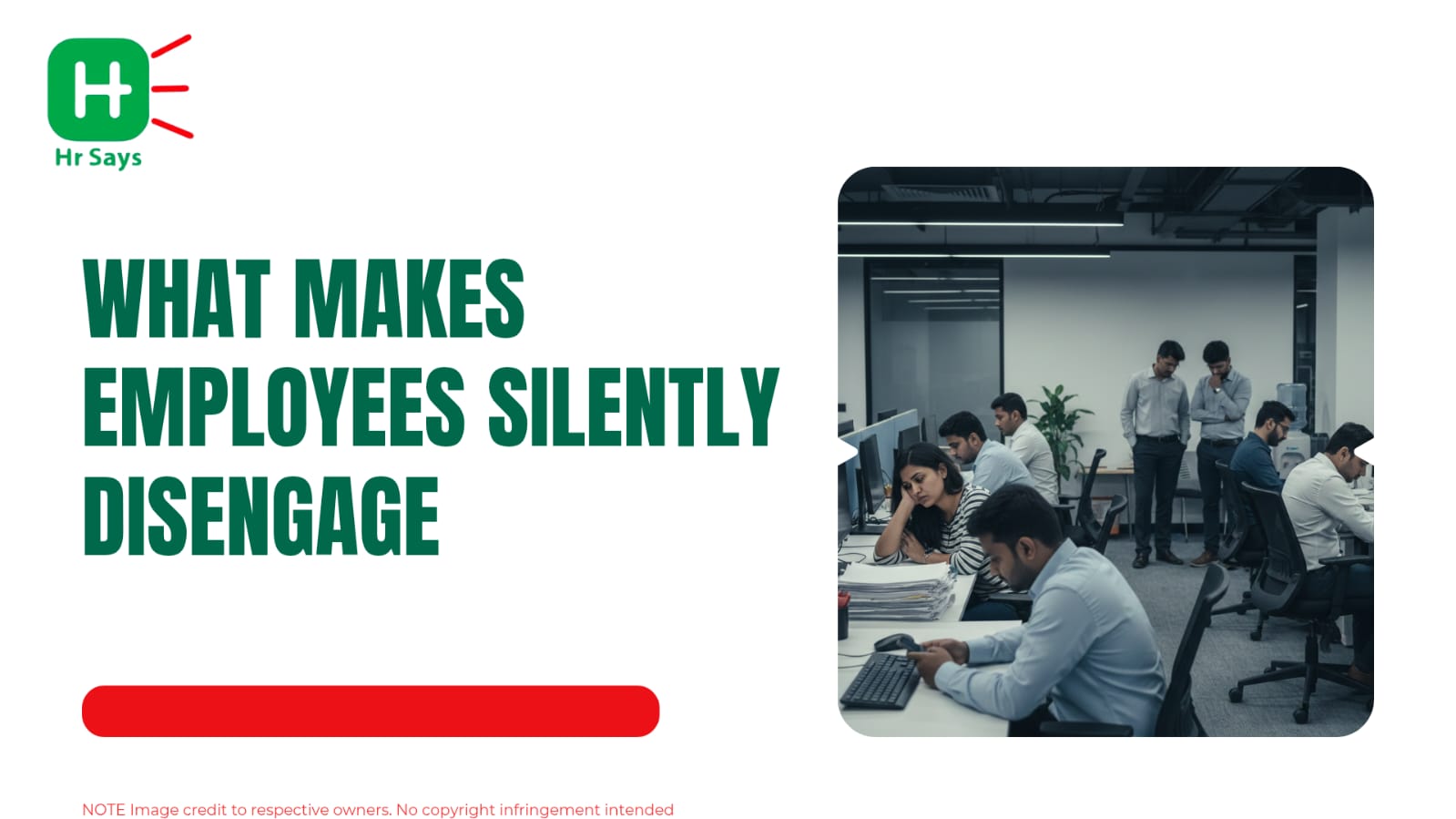
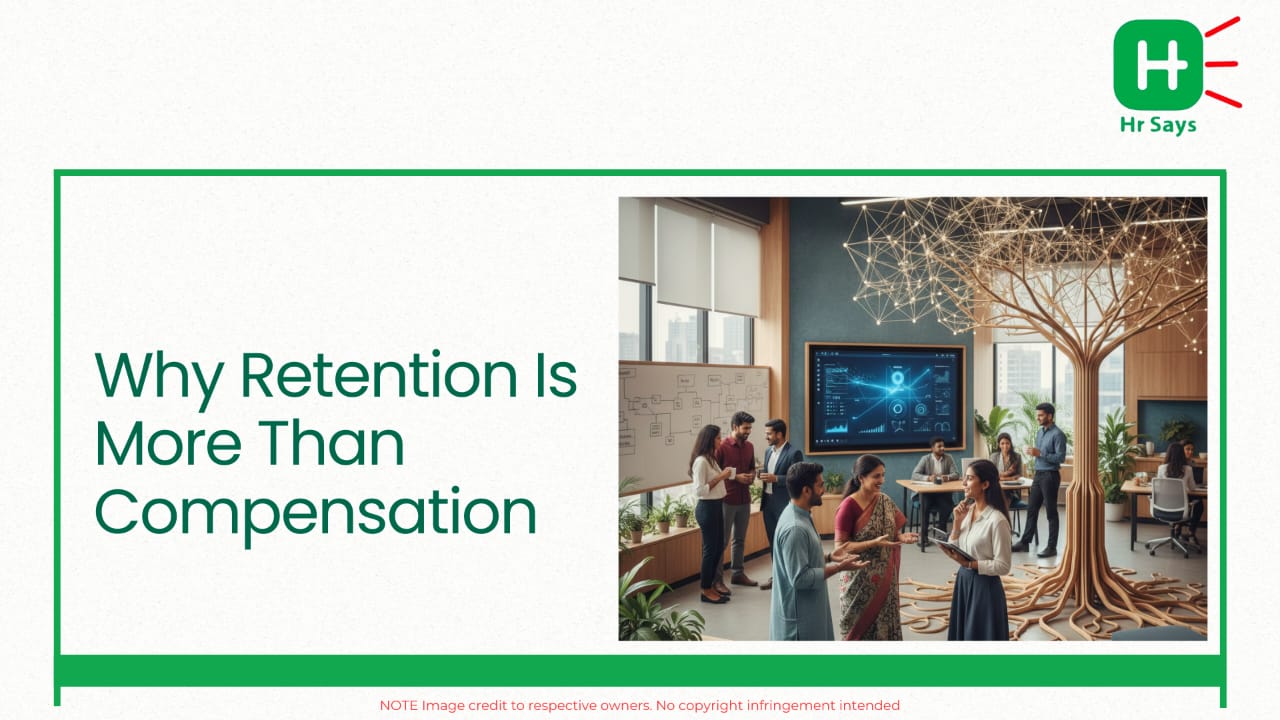
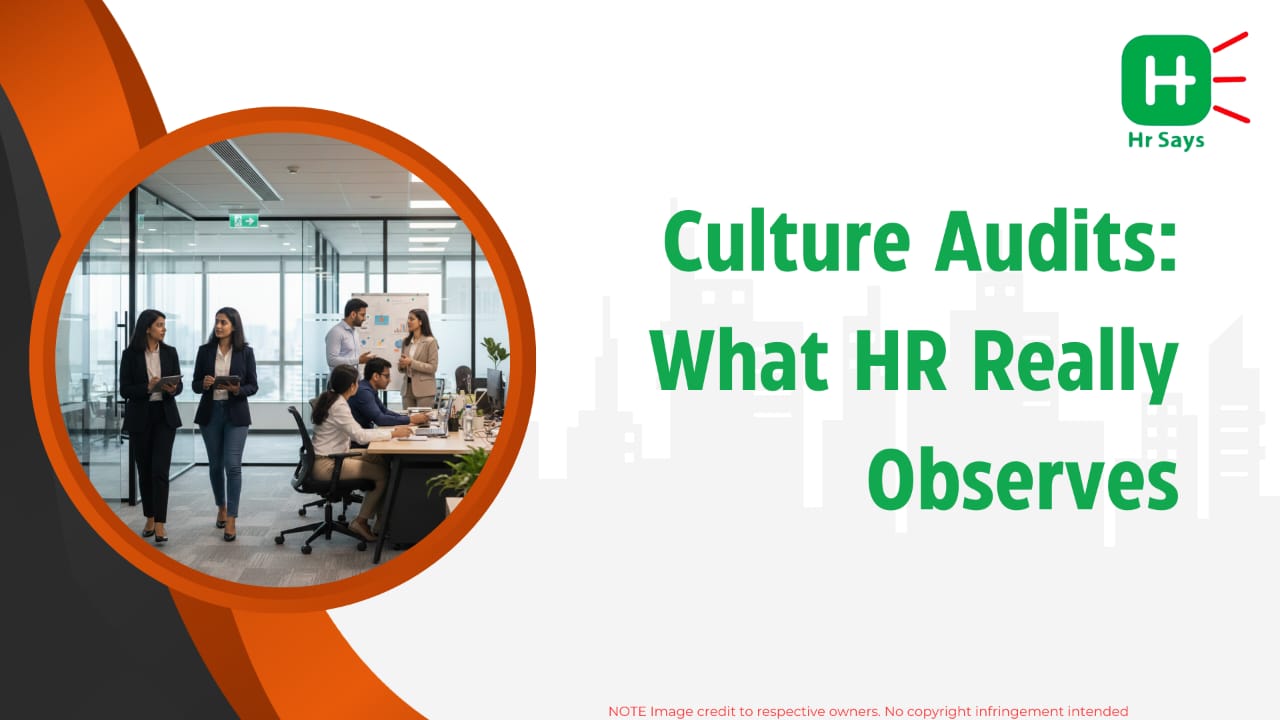
.jpeg)
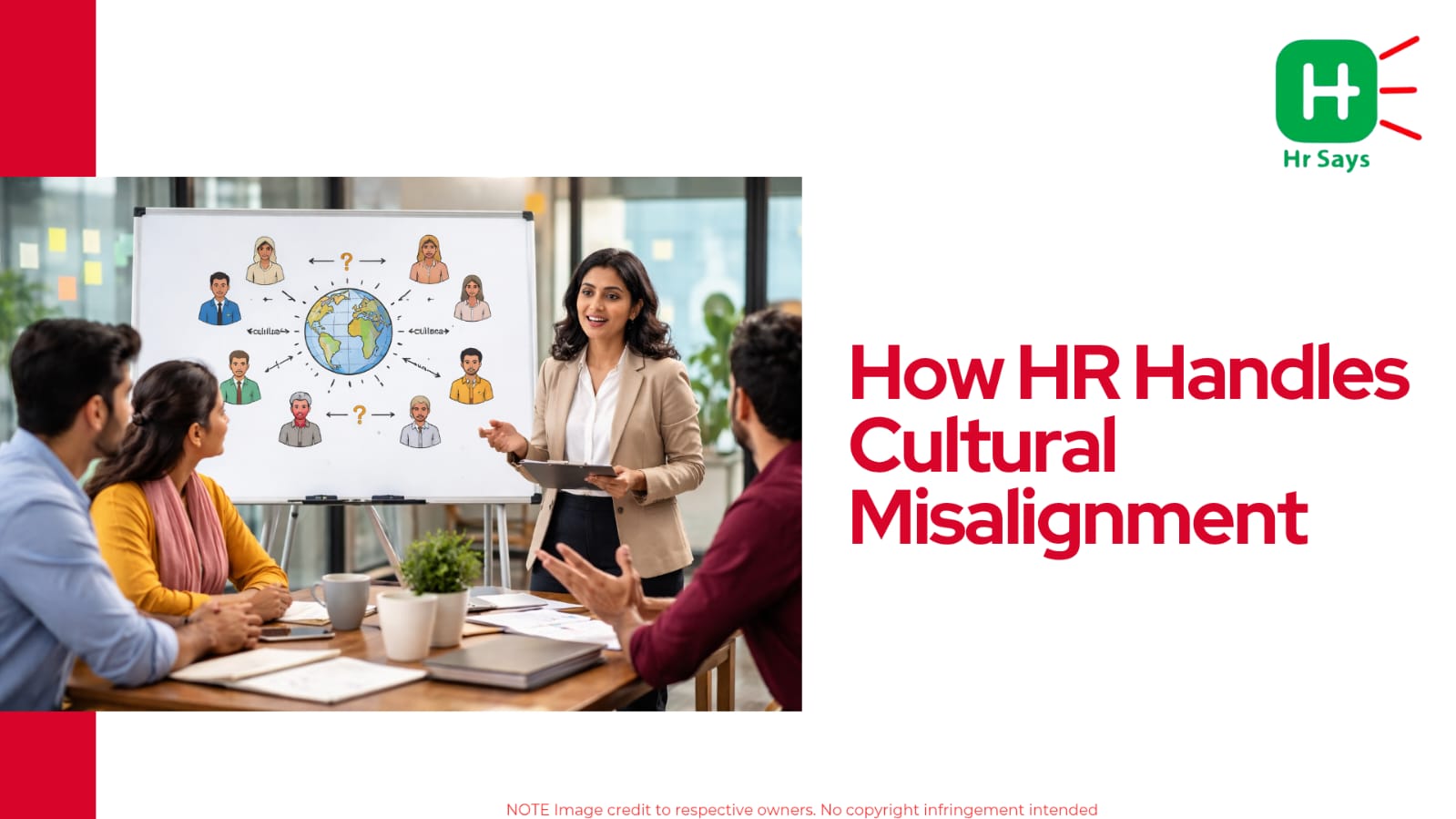
.jpeg)
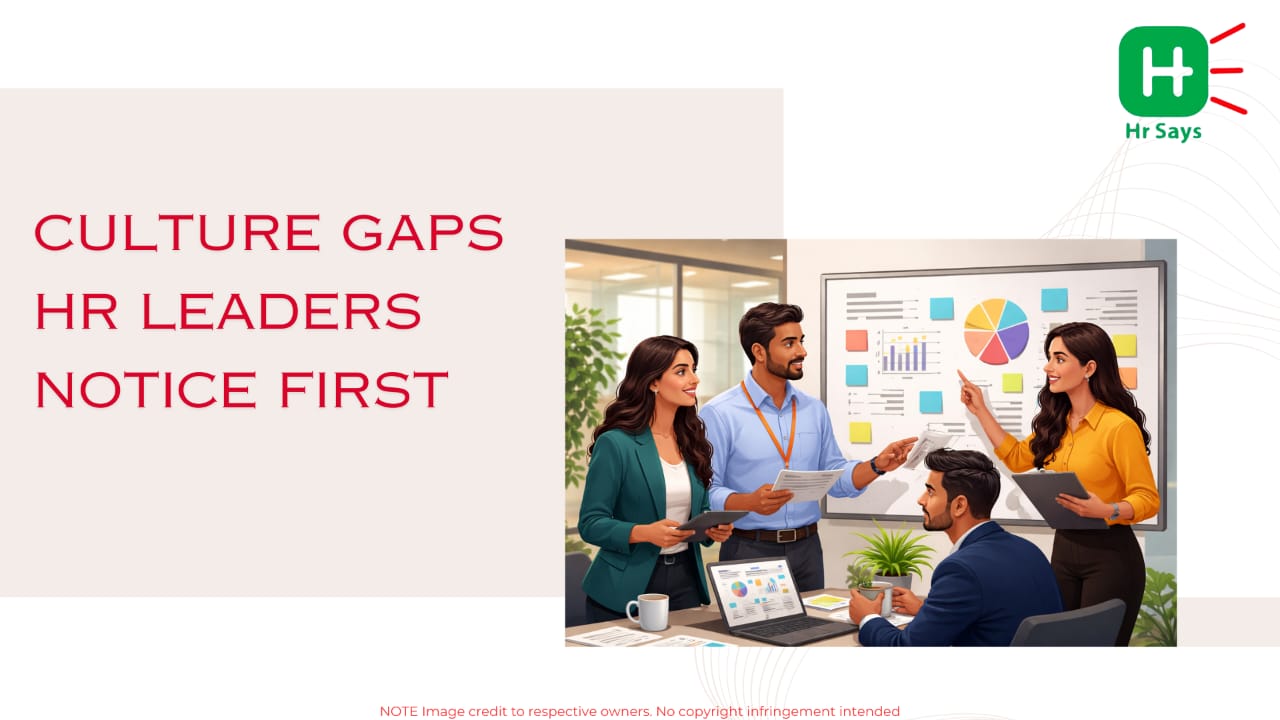
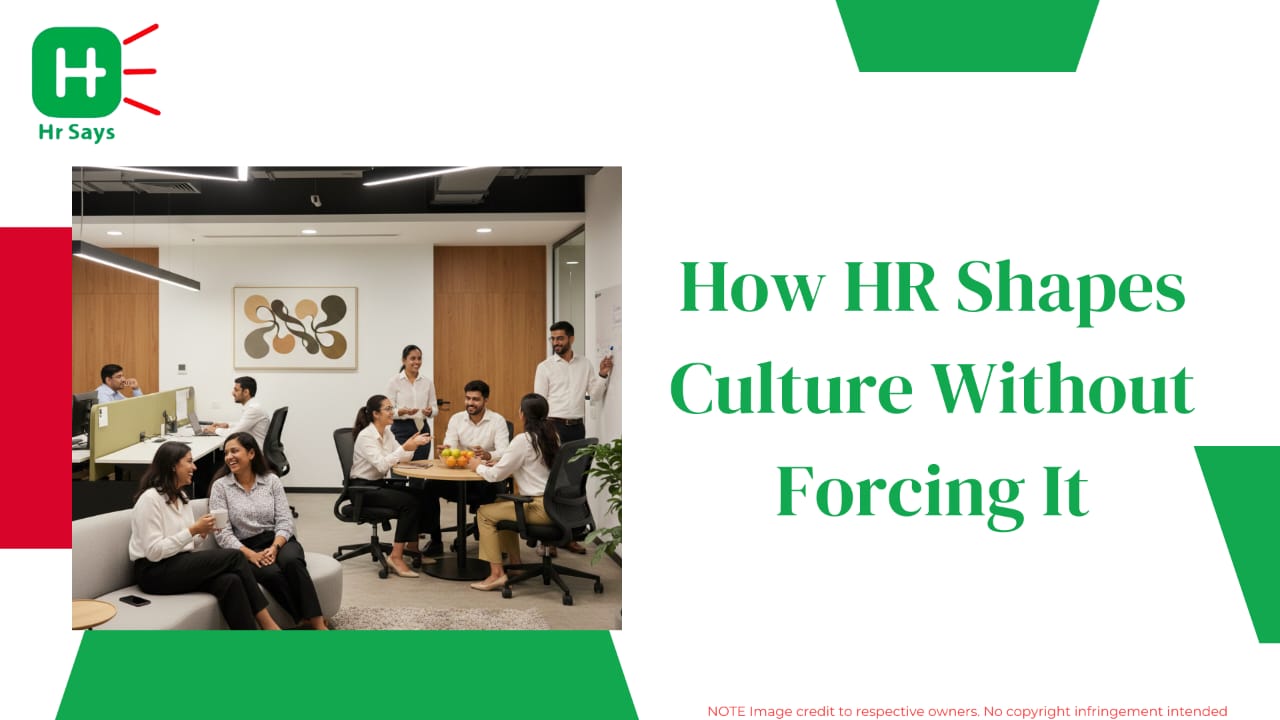
.jpeg)

.jpeg)

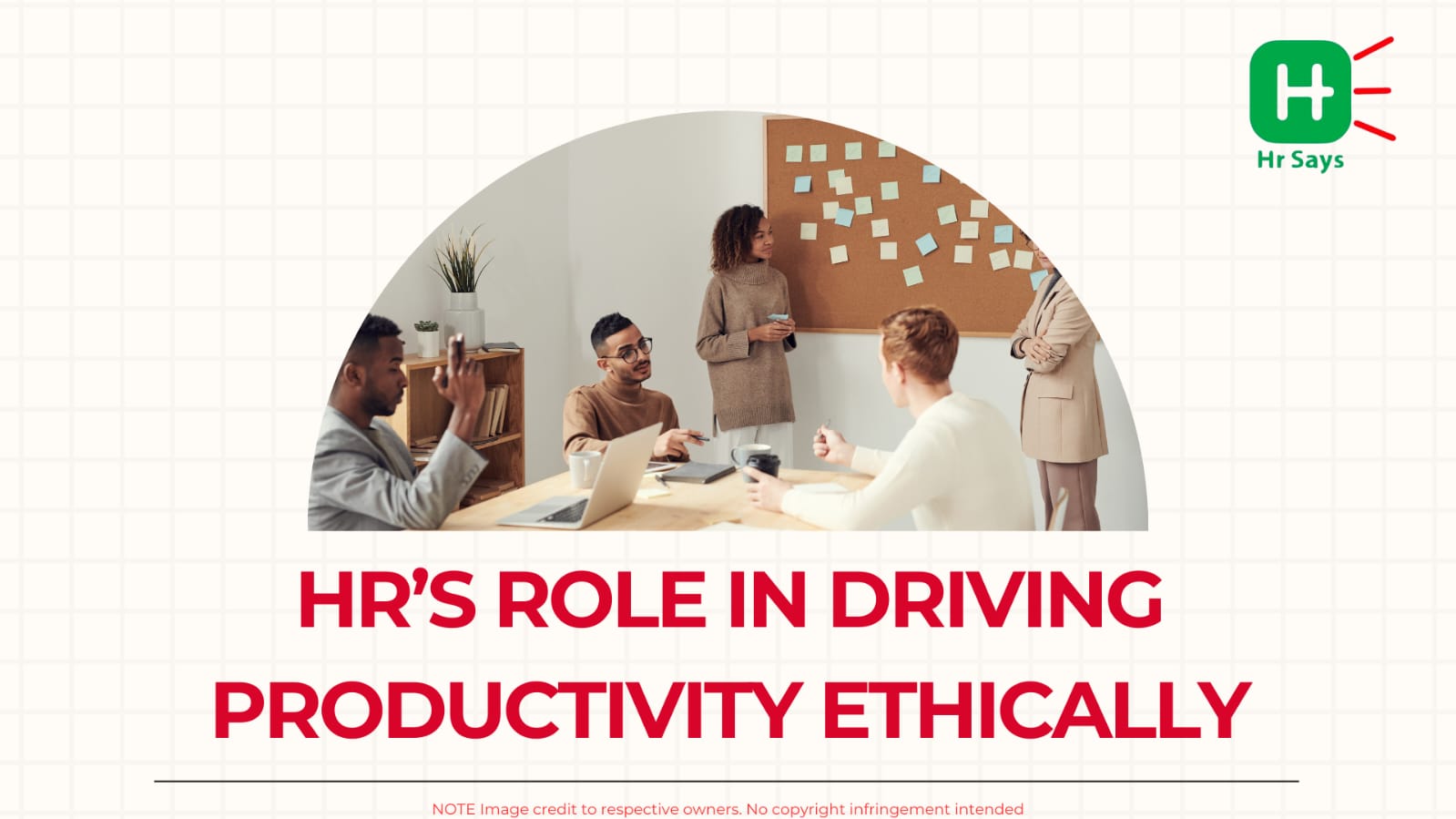
.jpeg)
.jpeg)